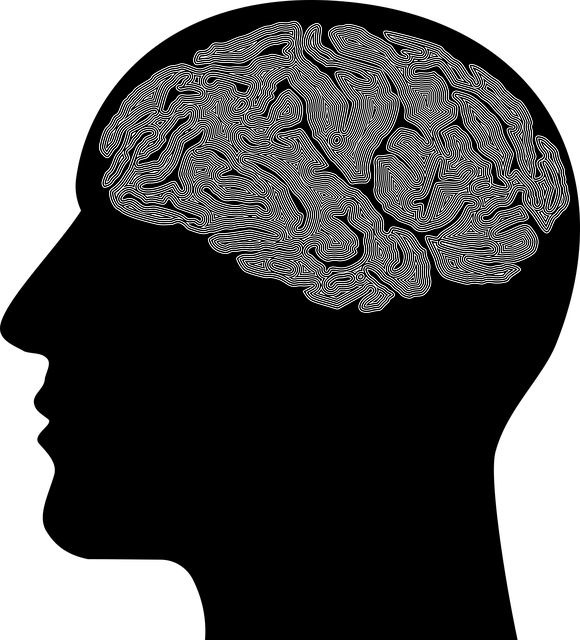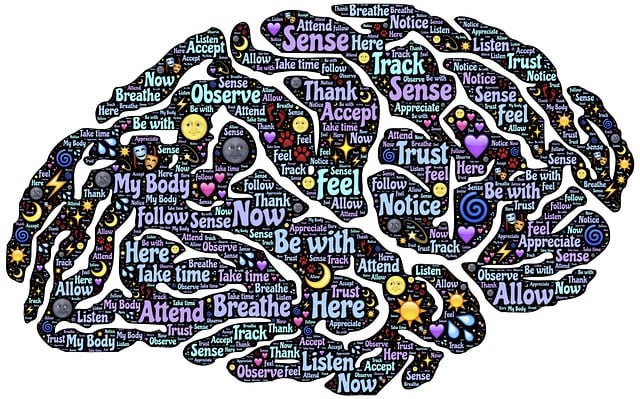Lafayette Gender-Affirming Care Therapy offers crisis intervention tailored to the unique needs of individuals navigating mental health challenges, especially in a supportive environment. Through active listening, personalized long-term support plans, and integrating mindfulness practices, therapists foster resilience and self-esteem. This holistic approach, combined with community integration, empowers clients to proactively manage their mental health using evidence-based techniques, ultimately enhancing well-being and fostering an inclusive society.
“In times of crisis, immediate and effective intervention can be life-changing. This article offers a comprehensive guide to crisis intervention strategies, focusing on the unique approach of Lafayette Gender-Affirming Care Therapy. We explore a structured framework that supports individuals navigating traumatic events.
From understanding the crisis through a gender-affirming lens to assessing needs, implementing healing strategies, and ensuring post-intervention care, this resource equips professionals with valuable tools for empowering long-term wellbeing.”
- Understanding Crisis Intervention: A Framework for Lafayette Gender-Affirming Care
- Assessing the Individual: Identifying Needs and Strengths in a Supportive Environment
- Implementing Effective Strategies: Tools for Navigation and Healing
- Post-Intervention Care and Community Integration: Empowering Long-Term Wellbeing
Understanding Crisis Intervention: A Framework for Lafayette Gender-Affirming Care

Crisis intervention is a critical component of mental health support, offering immediate assistance during times of intense distress or impending danger. For Lafayette Gender-Affirming Care Therapy, this involves creating a safe and non-judgmental space where individuals can express their experiences and emotions freely. The framework for crisis intervention within this context emphasizes understanding and validating the unique challenges faced by those seeking gender-affirming care, ensuring cultural competency among healthcare providers is paramount.
A structured approach includes assessing the crisis, providing immediate relief, and developing a plan for long-term support. This may involve referral to specialized therapists or community resources. Moreover, integrating practices like mindfulness meditation from the Mental Wellness Podcast Series Production can empower individuals to manage stress and build resilience. Cultural Competency Training for healthcare providers is also essential, enabling them to offer tailored care that respects diverse identities and experiences.
Assessing the Individual: Identifying Needs and Strengths in a Supportive Environment

In a crisis intervention setting, assessing an individual is a crucial step to provide effective support. Creating a safe and supportive environment is essential for this process. During assessment, therapists or caregivers at Lafayette Gender-Affirming Care Therapy focus on understanding the person’s unique needs by actively listening and validating their emotions. This involves asking open-ended questions to encourage clients to share their experiences and perspectives, fostering trust and encouraging self-reflection.
Identifying both strengths and challenges is key. By promoting Mental Health Awareness, therapists help individuals recognize their inherent capabilities, which can boost Self-Esteem Improvement. The assessment also aims to uncover any specific areas of distress, enabling the development of tailored strategies. Effective communication strategies are implemented to ensure every person feels heard and understood, fostering a sense of safety and encouraging active participation in their care journey.
Implementing Effective Strategies: Tools for Navigation and Healing

In times of crisis, implementing effective strategies is paramount for both professionals and individuals seeking healing and navigation through turbulent waters. Lafayette Gender-Affirming Care Therapy offers a roadmap to resilience, emphasizing tools tailored for personal growth and well-being. This approach prioritizes self-care routine development as a cornerstone for better mental health, fostering environments conducive to self-esteem improvement and stress reduction methods.
By integrating these strategies, individuals can actively participate in their healing journey. Through structured guidance, they learn to manage crises proactively, cultivating skills that enhance coping mechanisms and promote overall emotional well-being. This proactive approach, reminiscent of navigating a labyrinthine path, enables folks to break free from the enigma of crisis, ultimately embracing a metamorphosis that leaves them stronger and more resilient.
Post-Intervention Care and Community Integration: Empowering Long-Term Wellbeing

After an initial crisis intervention, providing ongoing care and seamless integration into the community is essential for fostering long-term wellbeing, especially within the context of Lafayette Gender-Affirming Care Therapy. This involves implementing strategies that empower individuals to manage their mental health effectively. The Mind Over Matter Principles can serve as a guiding framework here, emphasizing the power of cognitive and behavioral techniques in stress management. By teaching clients practical tools for coping with challenges, they gain a sense of agency over their mental illness, reducing the stigma often associated with seeking help.
Community integration plays a vital role in this process, connecting individuals to support systems and resources that can sustain their recovery journey. Mental Illness Stigma Reduction Efforts within these communities create an environment where individuals feel safe and supported, encouraging open dialogue and promoting understanding. Ultimately, combining targeted interventions with community engagement paves the way for enhanced mental health outcomes and a more inclusive society.
Crisis intervention plays a pivotal role in supporting individuals through challenging times. By integrating the framework of Lafayette Gender-Affirming Care Therapy, professionals can offer tailored guidance that respects each person’s unique needs and strengths. Through comprehensive assessment and evidence-based strategies, crisis interveners facilitate navigation towards healing and empower long-term wellbeing. This multi-faceted approach ensures a supportive environment conducive to recovery and community integration.














